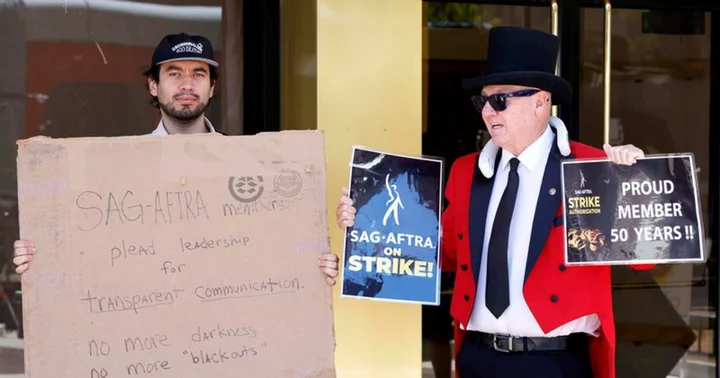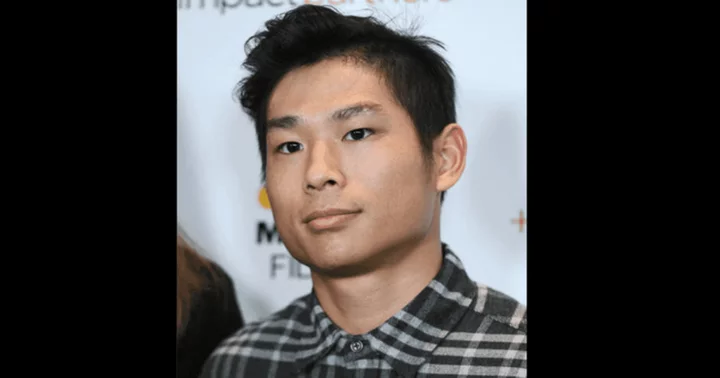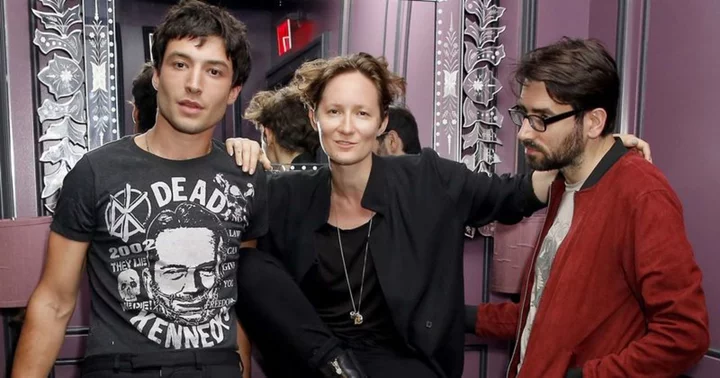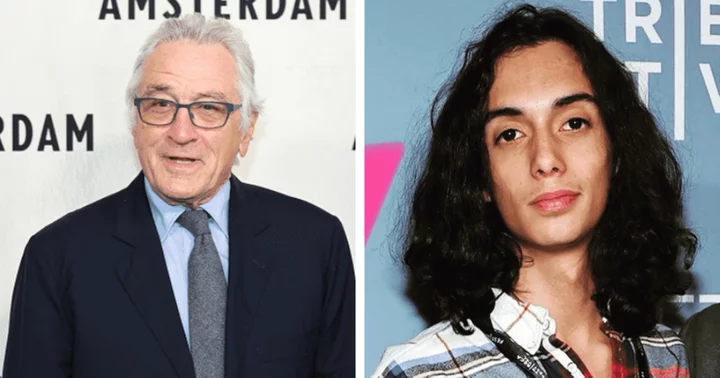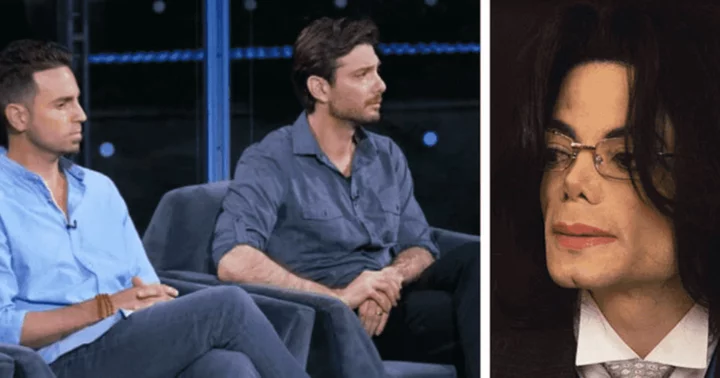LOS ANGELES, CALIFORNIA: In a significant development that will have a major impact on the entertainment industry, thousands of Hollywood actors are preparing to go on strike after their labor union and a trade group representing the industry's leading studios failed to reach a new contract agreement bringing film and television production to a grinding halt. The Screen Actors Guild-American Federation of Television and Radio Artists (SAG-AFTRA) announced on Thursday, July 13, that its national board had unanimously voted to initiate a strike, with picket lines set to form on Friday, July 14.
This marks the first work stoppage by film and television performers since 1980, during which former SAG President Ronald Reagan was campaigning for the White House, and 'Dallas' was the highest-rated television series in the United States. SAG-AFTRA President Fran Drescher, best known for her starring role in the sitcom 'The Nanny,' expressed the frustration felt by the guild's members, stating, "What's happening to us is happening across all fields of labor when employers make Wall Street and greed their priority and they forget about the essential contributors that make the machine run."
Why are Hollywood actors on strike?
The previous contract between SAG-AFTRA and the studios expired at 11.59 pm PT on Wednesday, July 12, leading to the initiation of strike action. The guild's members have been deeply concerned about the economic impact of the streaming era and the rise of unregulated digital technologies, which have affected their compensation and job security. They are demanding higher base compensation and safeguards regarding the use of artificial intelligence, among other key issues. The strike by Hollywood actors follows the ongoing strike by writers over similar concerns.
In a news release issued early Thursday, SAG-AFTRA stated that after more than four weeks of negotiations, the Alliance of Motion Picture and Television Producers (AMPTP), which represents major companies such as Disney, Netflix, and Warner Bros. Discovery, "remains unwilling to offer a fair deal on the key issues that are essential" to the guild's members. The AMPTP expressed disappointment at the strike outcome, acknowledging the vital role that performers play in bringing TV shows and films to life. They mentioned that their proposal included historic pay and residual increases, higher caps on pension and health contributions, audition protections, shortened series option periods, and a groundbreaking AI proposal that protects actors' digital likenesses. They regretted that the union had chosen a path that would lead to financial hardship for many individuals dependent on the industry.
Scope and Impact of the Strike
The strike will specifically affect film and television productions and will not involve SAG-AFTRA members working in the news business, such as certain broadcast hosts and announcers.
The announcement of the strike comes more than two months after the Writers Guild of America (WGA) initiated its own strike due to a dispute with the AMPTP. The writers' walkout resulted in the halting of most television production, delays in high-profile movie filming, and the airing of reruns on late-night talk shows. The actors' strike is expected to further disrupt production across various sets. Notably, both unions have not simultaneously gone on strike since 1960.
The decision to strike follows an overwhelming authorization by SAG-AFTRA members on June 5, with 97.91% of the nearly 65,000 members who cast votes supporting the strike. Negotiations between the guild and the top studios and streaming services began two days later, according to NBC News.
Key concerns and demands
SAG-AFTRA argues that performers have been adversely affected by the new economics of streaming entertainment and are threatened by emerging technologies. The guild seeks increased base compensation to counter the decline resulting from streaming-first studios shifting away from residual payments to talent and the impact of inflation on the economy.
The actors are also concerned about the potential risks associated with the use of artificial intelligence, such as the creation of digital replacements for recognizable stars. They are also advocating for the cost of "self-taped auditions" to be covered by casting departments and production offices, as it was in the past. There had been speculation in recent weeks that all three major Hollywood guilds — SAG-AFTRA, WGA, and the Directors Guild of America (DGA) — would simultaneously initiate strikes. However, this will not be the case, as the Directors Guild announced in early June that it had reached a "truly historic" tentative agreement with the studios, thereby avoiding a strike.

